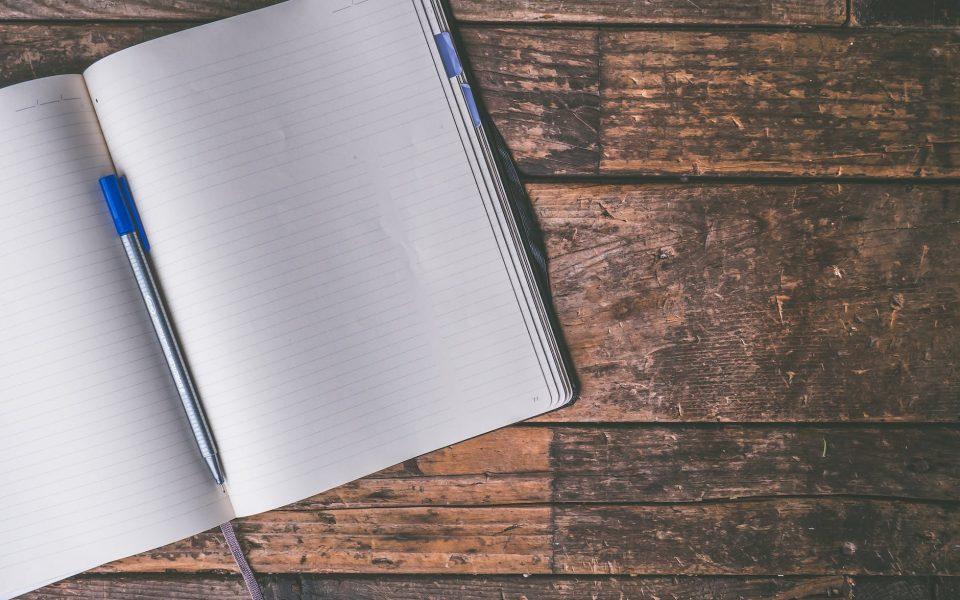I’ve always had high standards.
For myself, for my partners, for my co-workers. It bleeds into everything I touch or imagine. It bleeds into my work.
So when a piece of mine misses the mark or ends up being flawed in some way, it keeps me up at night. A misspelled name, an incomplete narrative, a misquote.
Nothing gives me more anxiety.
Unlike many other jobs, journalism is a public-facing profession. Our bylines exist on every single piece of work that we produce, in perpetuity. So when someone takes issue with something we did, we’re easy to find. To track down.
I can’t count the number of emails, handwritten letters, direct messages, comments I’ve gotten over the years pointing out some sort of flaw in my work. Everything from small quips about spelling to long diatribes about how I’m inherently a bad human being and I should just pack it all in.
The haters, the racists, the misogynists, the assholes are easy to ignore. The ones that leave behind a string of worries in my mind for weeks are the ones that express truth behind their criticism.
Because sometimes, I miss the mark. We all do.
A few weeks ago, I connected with a person who has long been critical of my work. We were talking about a new story I’m working on and how they might be involved but towards the end of the conversation, I opened up space to address the elephant on the call.
“I know you’re not my biggest fan,” I said.
And so we dove into it. Why the stories she was upset about came out the way they did. Why sometimes, as journalists, we do our best to tell the fullest stories we can, but even we, fall short at times.
And the answer is simple. We have a limited amount of resources. We’re human. We make mistakes, as much as I hate to admit it.
This whole column may sound like a long-winded excuse, a way to shirk responsibility for missteps that I have made in the past or may make in the future. But actually, I’m hoping it’s an honest explanation and a call to keep us accountable.
“I appreciate what you do and I do look to your paper as our community paper.”
That’s what the person said to me. That’s why my shortcomings in the past were even more frustrating.
So, if we get something wrong, call us out. Our jobs are to get the record straight, to shine light in dark places, to hopefully make the world a more honest and just place.
But also understand that we’re human too, and we are doing our best. Of course, if that best causes harm, then we should be held to account. But believe me, I lose more sleep over it than you do.
Join the First Amendment Society, a membership that goes directly to funding TCB‘s newsroom.
We believe that reporting can save the world.
The TCB First Amendment Society recognizes the vital role of a free, unfettered press with a bundling of local experiences designed to build community, and unique engagements with our newsroom that will help you understand, and shape, local journalism’s critical role in uplifting the people in our cities.
All revenue goes directly into the newsroom as reporters’ salaries and freelance commissions.


Leave a Reply